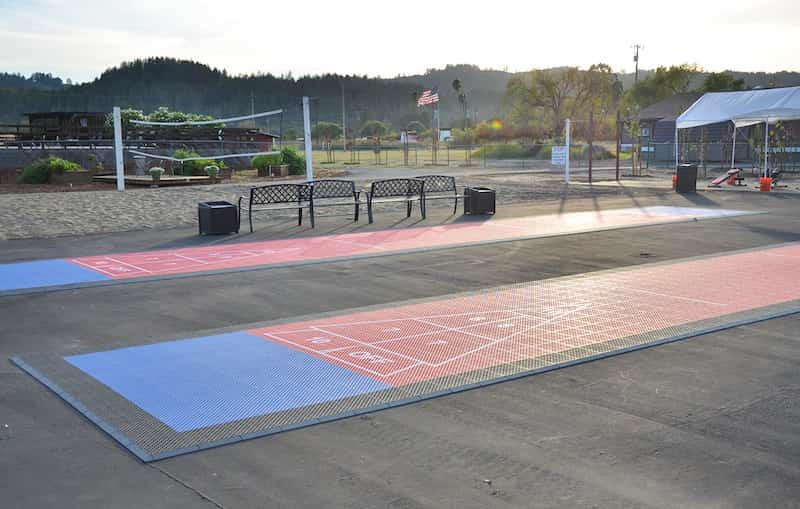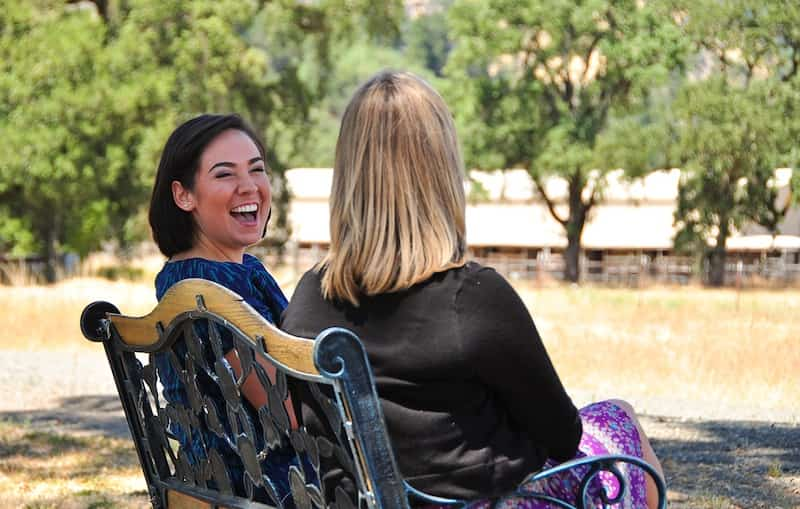With over 38,000 guests treated and a completion rate over 90%, Duffy’s Napa Valley Rehab outperforms other residential Vicodin addiction treatment centers by building the necessary foundation for long-term recovery through expert 12-Step treatment for Vicodin addiction in Northern California.
Learn More About Vicodin Addiction Treatment
Learn More About Vicodin Addiction Treatment at Duffy’s Napa Valley Rehab in Northern California
While the abuse of drugs or alcohol is widely known to cause significant problems in the lives of those who become entrapped in such addictions, many are unaware of the devastating impact that abusing prescription medications like Vicodin can elicit. As an opioid narcotic, Vicodin prohibits individuals from being able to experience pain, while also inducing feelings of immense relaxation, euphoria, and a sense of being detached from one’s surroundings. Vicodin is a medication that is frequently prescribed by physicians to those who have a legitimate medical need for it, such as those who are suffering from chronic pain conditions or who are in need of relief due to the pain experienced from a surgical procedure. Despite its benefits to those who need it, Vicodin can also place individuals in a downward cycle of abuse and addiction when they begin to crave the substance for its mind- and mood-altering effects. Unfortunately, this overpowering desire can rapidly begin to cause monumental devastation in the lives of individuals who abuse this substance, and the addiction that subsequently develops can be extremely difficult to overcome without professional help.
At Duffy’s Napa Valley Rehab, we respect and honor those who are entrusted into our care. We know that an addiction to prescription painkillers like Vicodin does not define a person, which is why we treat those who seek treatment with us with the utmost dignity. Our caring staff, many of whom have overcome their own battles with addiction, strive to provide each man or woman with the compassionate, individualized care that he or she needs in order to be successful in his or her recovery from Vicodin addiction. We recognize that overcoming an addiction can seem like an uphill battle, but we want to make that battle one that is successfully won.
How to Help a Loved One
Helping a Loved One get Treatment for Vicodin Addiction
It can be difficult to come to terms with the fact that a friend or family member has developed an addiction to a substance like Vicodin. Yet, remaining in a state of denial will only result in further devastation not only for your loved one, but also for yourself and other individuals in his or her life as well. For this reason, it is important that you play a role in getting your loved one the help that he or she needs. Please consider the following:
- Learn about the disease of addiction and why it is not something that can simply be ceased, despite an individual’s desire to do so. Additionally, learn about the signs, symptoms, and effects of Vicodin abuse so that you can recognize the specific problems that your loved one is facing.
- Research the types of interventions that have proven success in helping individuals defeat addictions to Vicodin and other prescription medications. Searching the internet, reading literature on the topic, and reaching out to community resources can all be of great benefit in obtaining this information.
- Confront your loved one with your concerns. However, make effort to do so in a nonjudgmental manner, focusing on specific things that have proven to be worrisome for you, while also allowing your loved one the freedom to respond, regardless of whether that response is one of anger, hostility, defensiveness, or, ideally, acceptance. When appropriate, seek out assistance from other important people in your loved one’s life in order to demonstrate that his or her addiction is not only impacting him or her, but those whom he or she cares about as well. However, do everything in your power to not overwhelm your loved one or make him or her feel as though he or she is being attacked. Remain calm, patient, and compassionate.
- Go over the research that you have compiled regarding various treatment options with your loved one. Review the different options for care that you feel may be of most benefit to him or her, and then be open to listening to his or her feedback.
- When your loved makes the decision to enter a treatment program, do not let your participation end there. Offer to assist him or her in any way possible as he or she makes arrangements to begin the treatment process. Additionally, once treatment has begun, make every effort to be an active presence in the therapeutic process.
- Recognize that the road to recovery can be a long one, often rife with setbacks along the way. Do not give up on your loved one. Remain a strong force of love, support, and encouragement. Celebrate successes, help with obstacles that may arise, and empathize with the emotional struggles that can accompany the road to recovery.
Why Consider Treatment
Why Consider Treatment for Vicodin Addiction at Duffy’s Napa Valley Rehab in Northern California
Whether illicit in nature like heroin, or licit like prescription painkillers, opioids have the potential to cause countless negative ramifications in the lives of those who become ensnared in the compulsion to continuously consume these substances. As is true for an addiction to any substance, an addiction to Vicodin can leave individuals struggling in all aspects of their lives. Marriages and partnerships can crumble, child custody can be lost, and occupational failure can become a reality. One’s mental wellbeing can steadily decline, and one’s physical health can be placed in a state of peril. Visual impairments, liver damage, gastrointestinal problems, and oxygen deficiency can all result from ongoing Vicodin abuse. Furthermore, the longer that an individual continues to consume this drug, the greater his or her risk for experiencing an overdose becomes. Fortunately, however, by making the brave decision to receive treatment for an addiction to Vicodin, further social, mental, and physical detriments can be avoided.
Types of Treatment
Types of Vicodin Addiction Treatment Offered at Duffy’s Napa Valley Rehab in Northern California
Located in the serenity of northern Napa Valley, situated amidst 23 beautiful acres of land, Duffy’s Napa Valley Rehab is an exceptional provider of evidence-based addiction treatment for men and women over the age of 18. With a steadfast mission of offering individuals who are struggling with addictions the comprehensive and compassionate care that they need to excel in their recoveries, at Duffy’s Napa Valley Rehab, the staff strives to help those who are entrusted into their care find the hope, motivation, and encouragement that they need to obtain a life of sobriety.
Delivered by an exemplary staff of professionals who have devoted their lives to helping individuals win the war against substance abuse and addiction, the treatment offered at Duffy’s is incomparable. Here, there is a sense that every member of the staff is not only passionate about what they do, but that they also pour all of their energy into the process of helping people recover. The genuine care and concern that is demonstrated begins from the moment a prospective guest arrives. Individualized treatment plans are devised in order to allow each individual find healing in the exact manner that will be of most benefit to him or her. Through a person-centered approach, the unique needs and concerns of each guest are at the forefront of care as he or she embarks on the road to recovery.
During at guest’s time at Duffy’s Napa Valley Rehab, the following therapeutic interventions may be incorporated into his or her overall plan of care:
Medication management: In situations where a guest is suffering from the symptoms of a mental health condition in addition to his or her struggle with an addiction to Vicodin, he or she can meet with a psychiatrist as often as needed in order to ensure that he or she receives appropriate medicinal interventions. The members of the guest’s treatment team, as well as other staff members, will be available to monitor the administration of medications in order to ensure that the guest’s safety is preserved at all times. Additionally, if changes need to be made to one’s medication regimen during his or her time at Duffy’s, the psychiatrist can assist so that the medications being used are optimal in their effectiveness.
Individual therapy: Individual therapy can be an invaluable tool for individuals who are working to overcome the compulsion to use Vicodin. The sessions consist of one-to-one meetings between a guest and his or her assigned primary counselor. They occur on a biweekly basis and provide guests with a safe and confidential environment in which they can discuss concerns, process through challenges, and celebrate successes.
Group therapy: Group therapy is another essential intervention in helping individuals not only succeed in recovery, but also thrive in maintaining their sobriety for the long-term. When individuals are battling an addiction to Vicodin, it is not uncommon for them to feel isolated from the world around them. They frequently fail to realize that they are not alone in their struggles. By engaging in group therapy, these individuals can benefit from gaining support from and offering support to others who understand first-hand the turbulent nature of addiction. The staff at Duffy’s leads group therapy sessions once each day, and peer-led group sessions occur four days per week. The topics covered within these sessions are tailored so that they are applicable to the particular challenges that the guests in that group are facing. Examples of such topics may include:
- Self-awareness
- Acceptance
- Demystifying addiction
- Mindfulness
- Relapse prevention
- Powerless and unmanageability
Additionally, gender-specific specialty groups are offered once each week.
Experiential therapy: In order to ensure that all guests benefit from a holistic approach to treatment while engaged in programming at Duffy’s, various experiential therapies can be incorporated into each guest’s overall plan of care as he or she works to defeat an addiction to Vicodin. Examples of the types of experiential therapies offered include:
- Trust-building exercises, including surrender falls
- Art therapy
- Meditation
- Trust the Process
- Emotional Freedom Technique (EFT)
- Crossing the Line
- Music and recovery
- Trust-building exercises, including surrender falls
Family therapy: The staff at Duffy’s Napa Valley Rehab knows that when a person is struggling with a Vicodin addiction, it does not only affect him or her, but his or her friends and loved ones as well. For this reason, the programming at Duffy’s includes weekly family therapy sessions. These sessions are led by Duffy’s counseling staff and provide guests and their loved ones with an opportunity to learn about addiction, process through how the presence of an addiction had impacted their lives, and work on healing any strain that the addiction may have elicited within the family dynamic. Furthermore, guests have the ability to request private family therapy sessions as they wish.
When a guest’s time at Duffy’s draws to a close, the dedicated staff members work diligently to ensure that a thorough discharge plan is created in order to ensure that he or she receives the continuity of care that he or she needs in order to remain successful in his or her recovery. Duffy’s also works with an offsite service called Full Circle Recovery, whose services are available to all guests who have received 21 or more days of treatment at Duffy’s. As part of the Full Circle Recovery experience, individuals benefit from three months of one-to-one sessions with an addiction specialist, participation in 12-Step groups, and assistance in finding sponsorship.
When individuals take part in programming at Duffy’s Napa Valley Rehab, they become part of an extended family. All guests are treated with the honor, respect, and dignity that they deserve, while also being afforded the life-saving interventions that can help them achieve lifelong sobriety. By offering care that is tailored to meet each individual’s unique needs, the staff at Duffy’s provides education, physical nurturing, and structured discipline so that those who choose to heal at Duffy’s can successfully overcome their addictions to Vicodin and succeed in finding a future that is happy, healthy, and substance-free.
If you or someone in your life is battling an addiction to Vicodin and could benefit from the life-changing and life-saving care that is available at Duffy’s, please do not hesitate to contact the knowledgeable professionals at this premiere treatment center. At Duffy’s Napa Valley Rehab, the bonds of addiction can be broken and a new life can begin.























